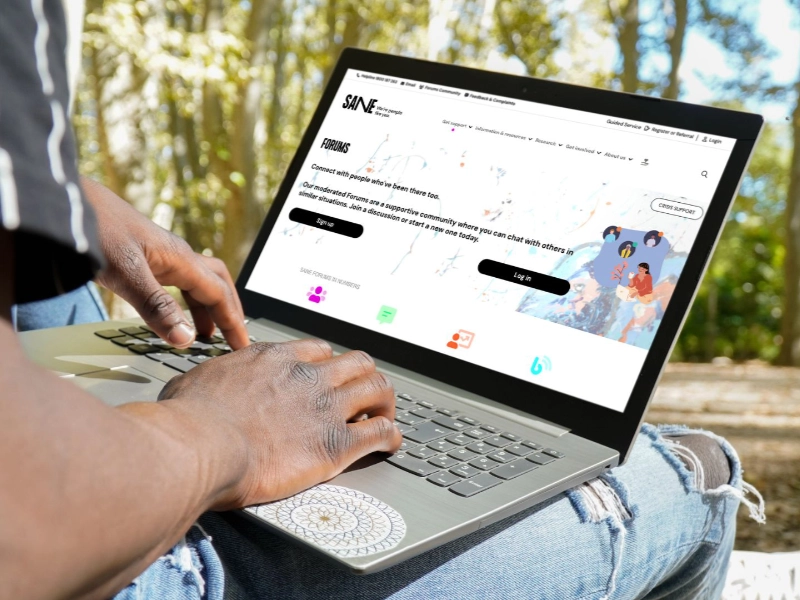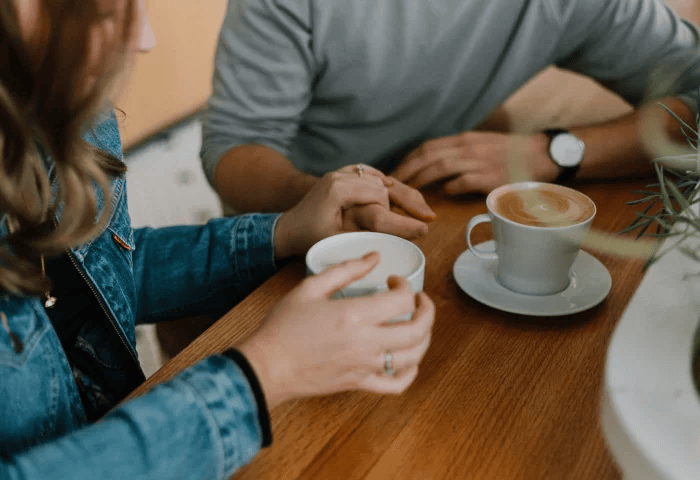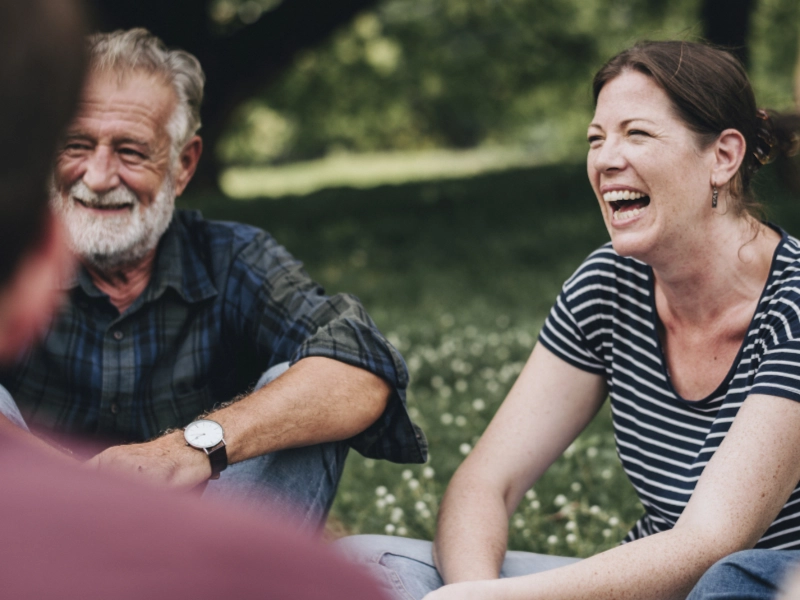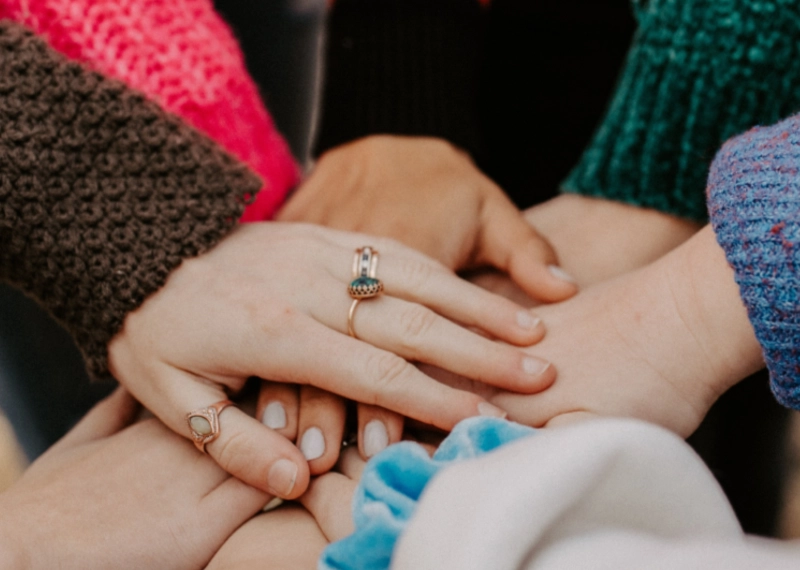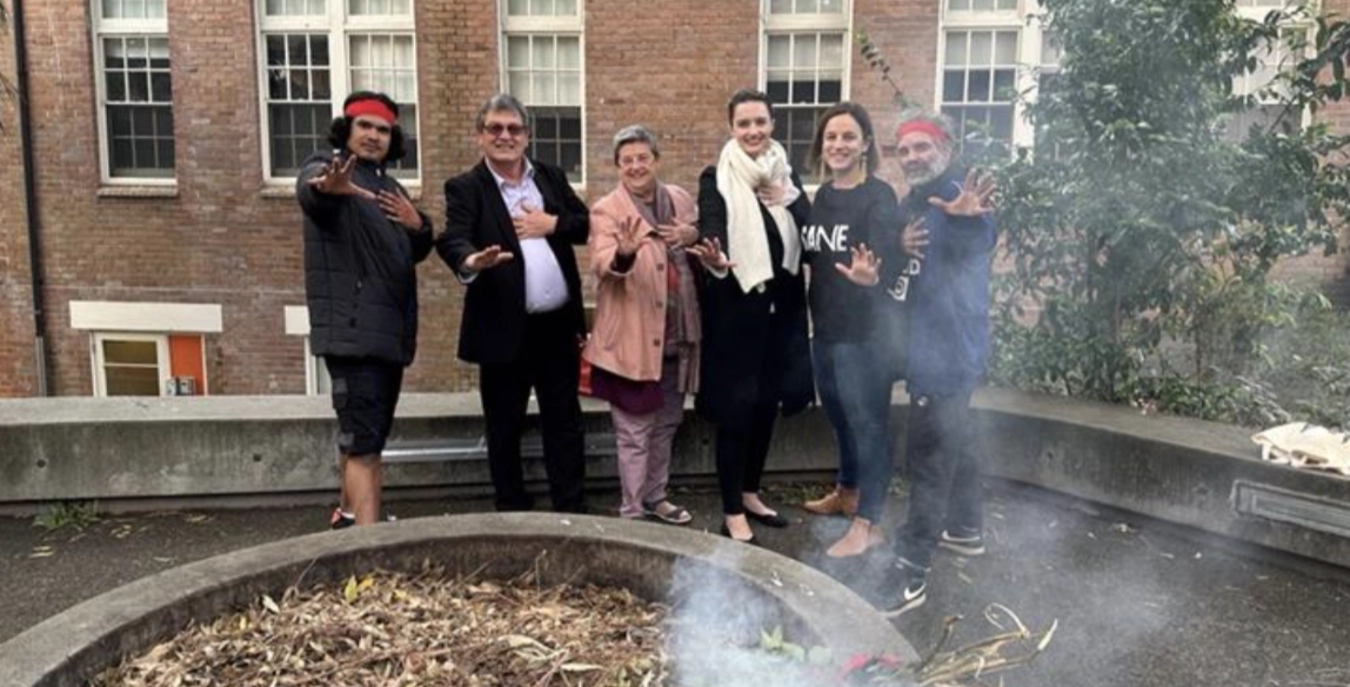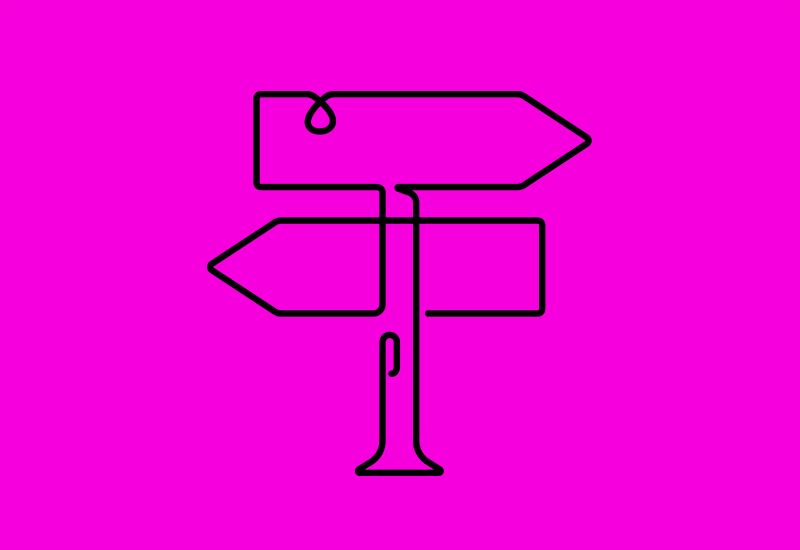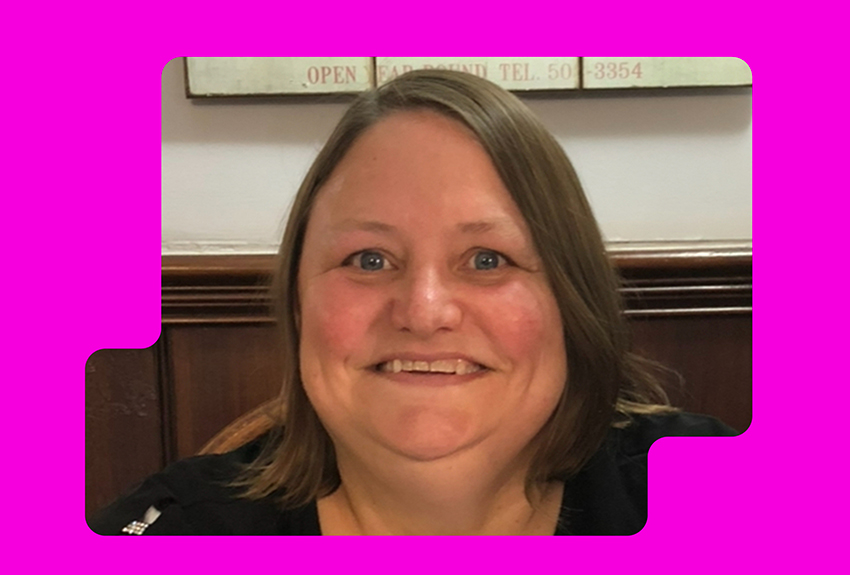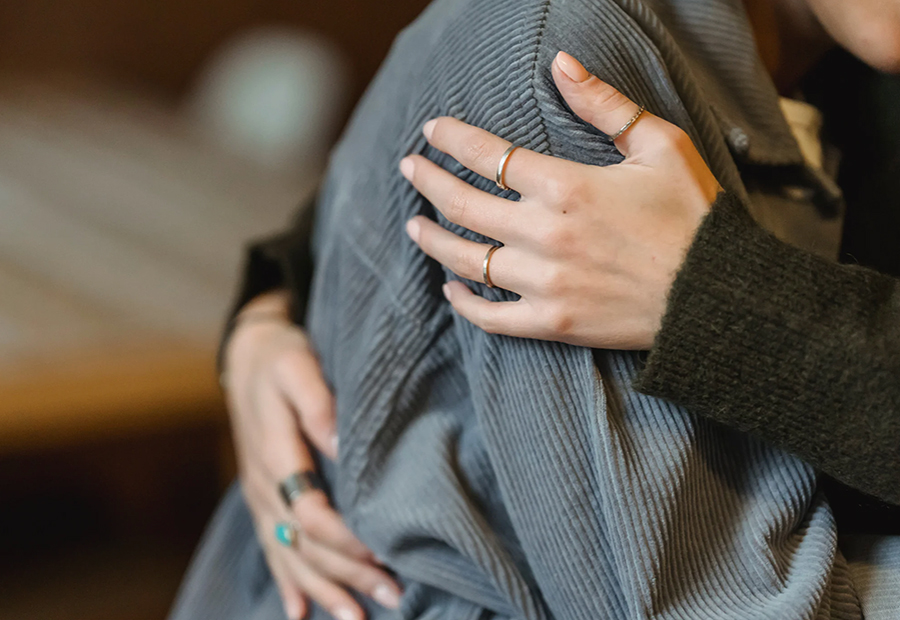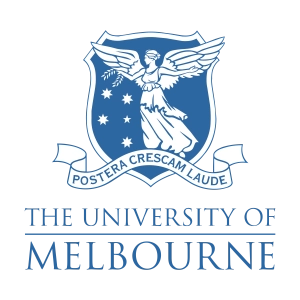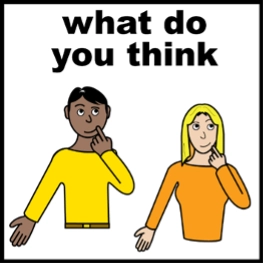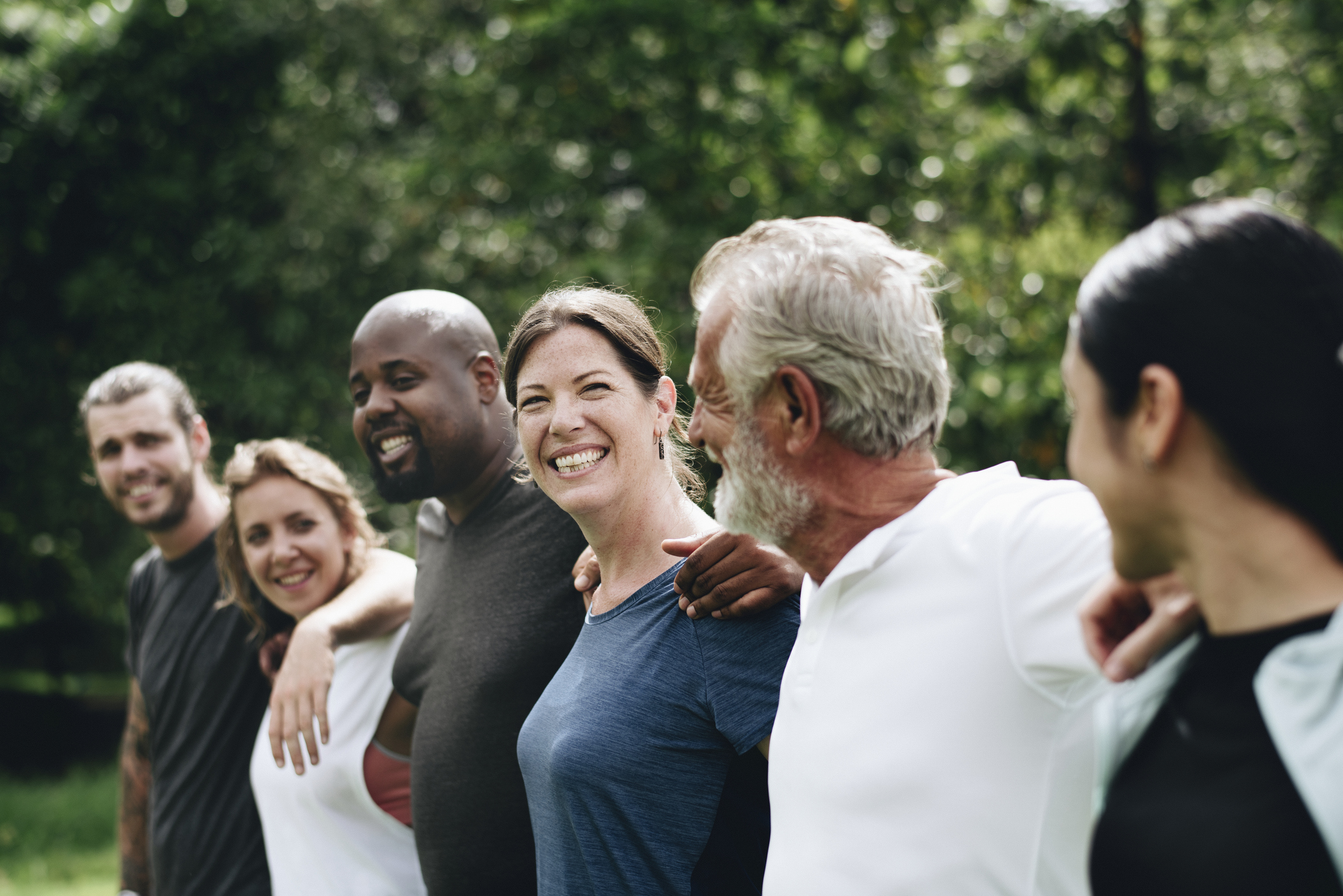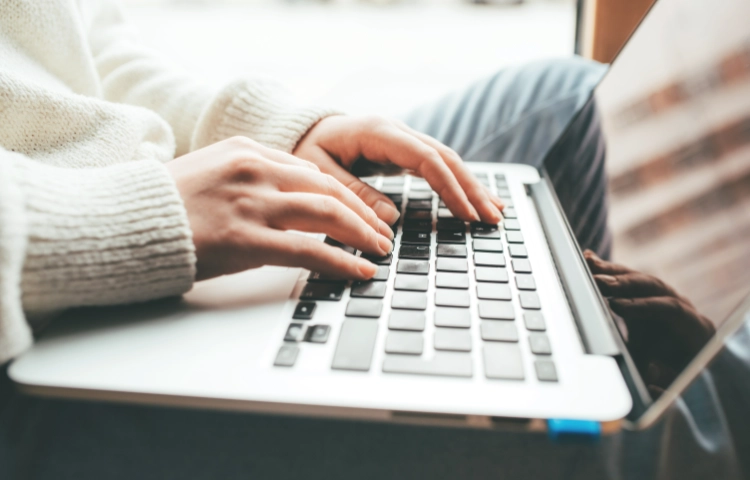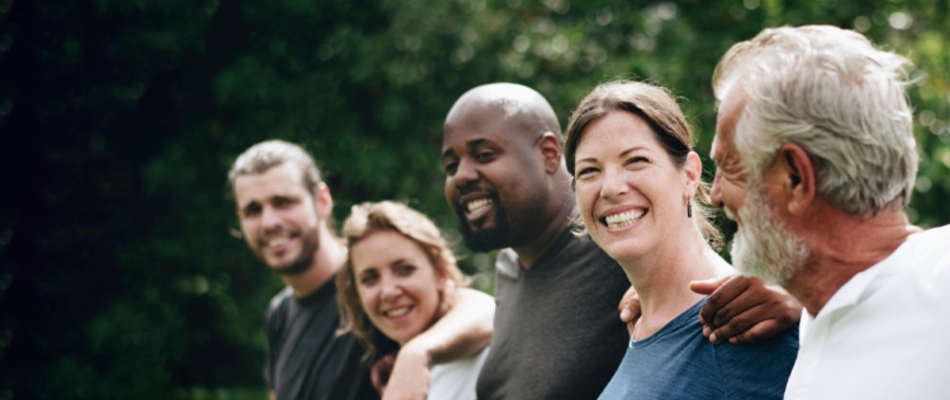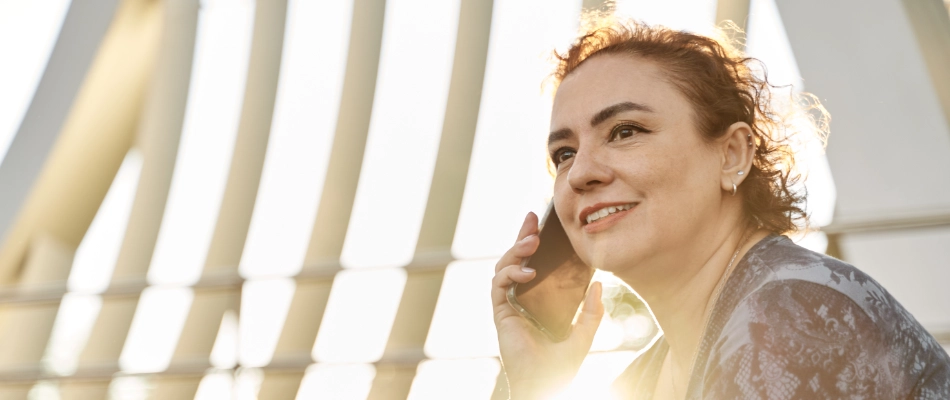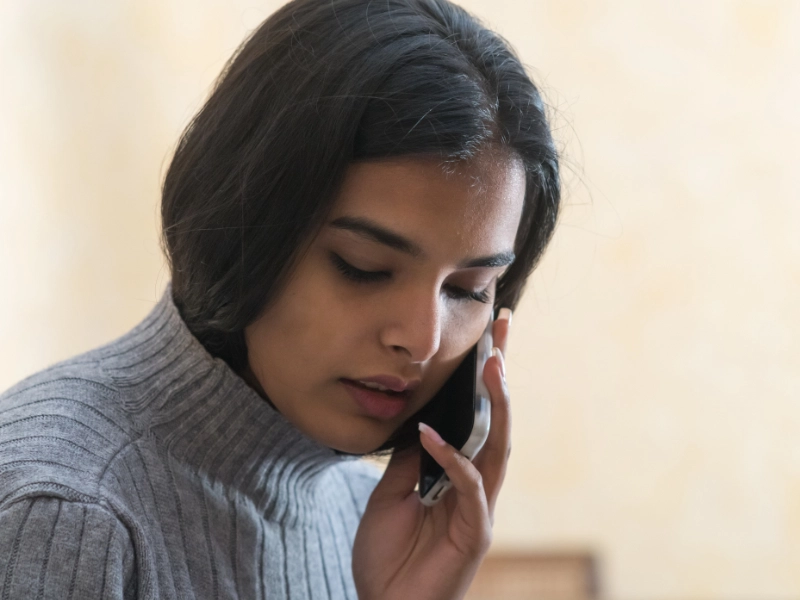Lead researchers
Professor Nicola Reavley
Tel: +61 3 9035 7628; Email: This email address is being protected from spambots. You need JavaScript enabled to view it.
Associate Professor Fran Boyle
Tel: +61 7 3365 6806; Email: This email address is being protected from spambots. You need JavaScript enabled to view it.
Study information
Thank you for your interest in taking part in this study. Here is some information to help you decide if you would like to take part.
Please take the time to read this information carefully. You may ask questions about anything you don’t understand or want to know more about.
Your participation is voluntary. If you don’t wish to take part, you don’t have to. Choosing to take part or not will not affect how you get help from SANE or any health service. If you begin participating, you can also stop at any time.
What is this research about?
This study is about how helpful the SANE digital service is to people who use it.
What will I be asked to do?
You will be asked if you would allow some of the data that SANE holds about you to be shared with our research team. This may include information about your personal circumstances, including your postcode, but not your name or details that can identify you. It may also include information about your social and mental health status, including the services you currently access and those you use through your engagement with SANE. It will also include survey responses about your recovery, quality of life and mental health that you provide to SANE as part of the service.
You will be asked to give consent to share your data by ticking a box in the SANE survey. This survey is available in your participant portal.
You will be asked separately for consent to share your email address with the research team, if you are interested in being interviewed in the future about your experience at SANE. It is up to you if you want to share your email address to hear more about this part of the study.
You will never be identified in any reports or publications that use your data and we will never share your details with anyone else.
What are the possible benefits?
By studying this program, we hope to see how effective it is. If it is, it may be made available to more people. This may help improve their mental health.
What are the possible risks?
The risks of taking part in this study are low. You do not need to do anything, aside from complete the surveys that are already a part of the SANE service.
If you feel distressed at any point during the routine surveys, you can reach SANE on 1800 187 263 (Monday to Friday, 10am - 8pm) or Lifeline on 13 11 14 for free online and telephone counselling, available 24 hours a day, seven days a week.
Do I have to take part?
No. Participation is completely voluntary. You are able to stop completing the surveys at any time and you can request that your data not be used in the study. You can make this request up to four weeks after you have completed your survey. Please contact us by email or telephone if you wish to withdraw your consent for your data to be used.
Will I hear about the results of this project?
The findings of this research will be made available on SANE’s website (www.sane.org). If you would like to receive a short summary of the study findings you are invited to contact SANE. Outcomes may also be presented at conferences and in journal articles.
What will happen to information about me?
Any information collected as part of this project will be treated as confidential and can only be accessed by the research team. The data will be stored securely on a password protected server for a period of 15 years after publication of the results of this study. The research team may use the data for other studies that are closely related to this study. You will not be identified in any reports about this study.
Who is funding this project?
The Australian Department of Health and Aged Care is funding this project.
Where can I get further information?
If you would like more information about the project, please contact Associate Professor Fran Boyle on Tel: +61 07 3365 6806; Email: This email address is being protected from spambots. You need JavaScript enabled to view it.
Who can I contact if I have any concerns about the project?
This project has human research ethics approval from The University of Melbourne (Ethics ID 23572). If you have any concerns or complaints about the conduct of this research project, which you do not wish to discuss with the research team, you should contact the Research Integrity Administrator, Office of Research Ethics and Integrity, University of Melbourne, VIC 3010. Tel: +61 3 8344 1814 or Email: This email address is being protected from spambots. You need JavaScript enabled to view it.. All complaints will be treated confidentially. In any correspondence, please provide the name of the research team and/or the name or ethics ID number of the research project.

